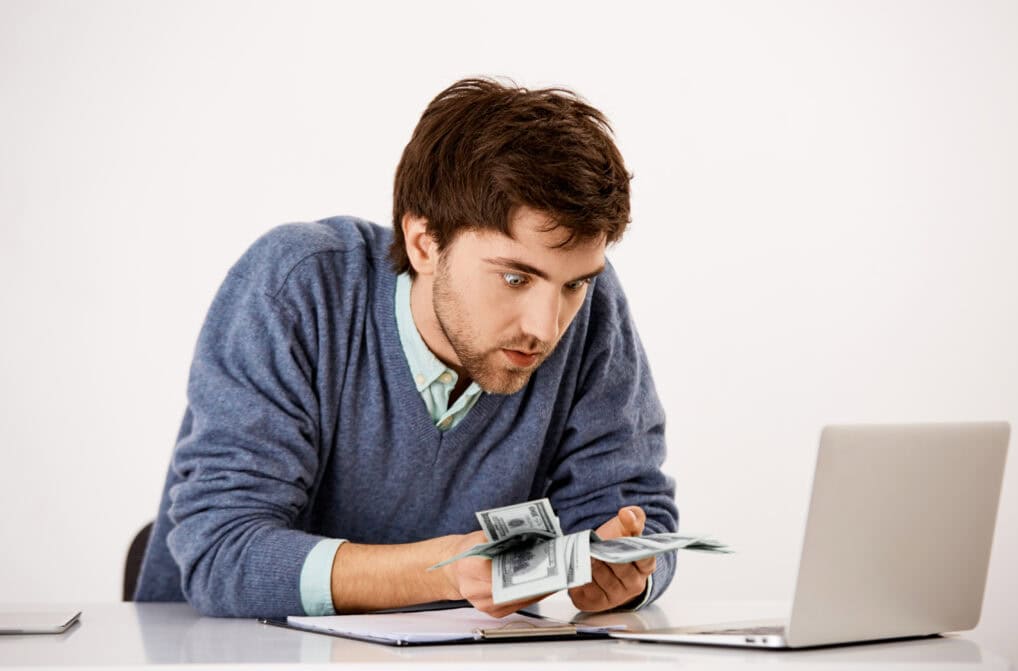Introduction
Imagine pulling out a banknote only to realize it’s ripped, burned, or water-damaged. The first thought that comes to mind: “Can I still use this? Can I get damaged money replaced?”
The good news is that most central banks across the world (such as the US Federal Reserve, European Central Bank, Reserve Bank of India, and others) have policies for damaged notes exchange. Knowing what to do if you have ripped money can save you from financial loss.
In this guide, we’ll explain how to replace damaged money, what happens when money is destroyed, and global rules for exchanging torn notes.
What Happens to Damaged Money?
When money is ripped, stained, burned, or destroyed, it doesn’t immediately lose its value. Banks classify such notes as mutilated currency and most countries allow replacements.
Minor damage (tiny rip, ink marks, light stains) → Usually still usable.
Severe damage (burned, shredded, missing large portions) → Needs verification at a bank or central bank.
👉 If you’re wondering, “What happens to damaged money after exchange?”—it is usually destroyed by the central bank and replaced with fresh notes.
How Damaged Can Money Be and Still Be Replaced?
You might ask, “How damaged can money be before it’s useless?”
Most countries follow this rule:
Over 50% of the note is intact → Eligible for replacement.
Less than 50% remains → Usually considered invalid.
Key features missing (serial number, watermark, security strip) → Bank may reject.
⚡ Rule of thumb: If you have more than half of the note, you can usually replace it.
What to Do If You Have Ripped or Torn Money
If you’re thinking, “What to do if my money is ripped?”—follow these steps:
Keep all pieces – Never throw away damaged currency.
Avoid further damage – Place it in a safe plastic cover or envelope.
Tape the note carefully – If it’s a clean tear, transparent tape can help.
Visit your bank – Most commercial banks accept damaged notes.
Go to the central bank if required – If the damage is severe, your bank will direct you to the central authority.
Can You Use Damaged Money in Shops?
Yes—if the note is minorly damaged and still recognizable.
But in many cases:
Shops may reject ripped or taped notes.
Extremely damaged bills are not accepted in transactions.
👉 In such cases, you must go through the damaged notes exchange process at banks.
What Happens When Money Is Destroyed?
If your money is burned, soaked, or shredded:
Partially destroyed but identifiable bills → Can often be replaced.
Completely destroyed money → Typically cannot be recovered.
💡 Example: In the United States, the Bureau of Engraving and Printing will replace badly damaged currency if more than 50% of it is submitted. Similarly, the European Central Bank and Reserve Bank of India follow comparable rules.
What to Do When Money Is Not an Issue
Even if you’re wealthy and money isn’t your top concern, losing damaged notes is still unnecessary waste. Smart practices include:
Store cash in a dry, safe place.
Avoid folding, crumpling, or exposing it to heat and water.
Use digital payments where possible to minimize handling physical notes.
Because even if money is not an issue for you, preventing loss is always wise.
Comparison Table – Damaged Money Rules (Global Overview)
| Condition | Can You Use It? | Exchange Option | Notes |
|---|---|---|---|
| Small rip or minor stain | ✅ Yes | Not required | Still valid |
| Torn but more than 50% intact | ❌ Shops may reject | ✅ Replace at bank | Keep all pieces |
| Water-damaged but readable | ❌ Limited use | ✅ Replace at bank | Must be identifiable |
| Burned but serial visible | ❌ No | ✅ Central bank replacement | Identification needed |
| Less than 50% of note left | ❌ No | ❌ Cannot be replaced | Invalid worldwide |
FAQs – Damaged Money
Q1: Can I get damaged money replaced?
Yes, in most countries you can replace damaged notes at banks if more than 50% of the currency is intact.
Q2: What if my money is torn in half?
If you have both halves and they clearly match, most banks will replace the note.
Q3: What can I do with money that is damaged?
Keep all parts, avoid further damage, and submit it to your bank or central bank for exchange.
Q4: Can you use damaged money in daily transactions?
Minorly damaged notes may still be accepted in shops, but badly damaged ones should be replaced.
Q5: What happens when money is destroyed completely?
If less than 50% of the note is left or the serial numbers are missing, the currency is usually non-replaceable.
Conclusion
Damaged money doesn’t mean lost money. Whether your cash is ripped, burned, or water-soaked, most central banks worldwide allow you to replace it if more than half the note is intact.
👉 Next time you discover a torn or damaged bill, don’t panic—just follow the right steps and get it exchanged.
💬 Question for you: Have you ever replaced a damaged note in your country? Share your experience below!
Before you go, here are some related guides you’ll find useful:
Smart Money Moves 2025 – Learn the smartest financial habits to protect and grow your wealth.
Smart Financial Planning 2025: Loans, Investments & Tools – A complete guide to managing loans and making smarter investment decisions.
China Cryptocurrency Ban 2025 – Understand how global regulations may affect your financial future.



Pingback: Damaged Currency Notes? Here’s How to Exchange Them in 2025 – linklaunchlab